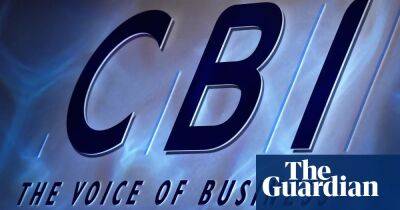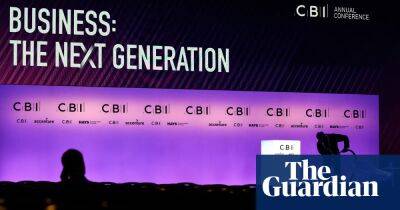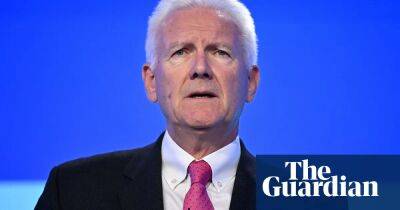For all the scandals, a toxic culture in places like the CBI and the Met can be changed. Here’s how
T he Metropolitan police has clear values on its website and a detailed ethics code. The fire service has a similarly robust code of ethics. Tony Danker, then director general of the Confederation of British Industry, gave a speech to a Future of Work conference about the importance of values in the workplace and how they matter now more than ever. Yet in all three organisations, toxic cultures have come to light in recent weeks. Days after his speech, Danker was sacked.
We know now that there is a big gap between what these organisations and their leaders say is important and what actually happens within them. Noticing and learning about that gap is what understanding culture is all about. It should be the number one priority for senior leaders. But ask them what’s on their priority list, and they’re likely to talk about quarterly results, growth or hitting targets.
What is clear is that we cannot judge a leader or their organisation by the mission statement on the wall or the values on their website. If we want to know the true or “deep” culture, we need to go in and ask questions, as Dame Louise Casey did throughout the Metropolitan police, and the CBI board member Jill Ader is about to start doing there with a review of culture, governance and processes. Questions about the experiences that people have at work, what it feels like to do their job, whether they feel safe to speak up and share their ideas and worries, whether they feel supported if someone behaves inappropriately towards them, and whether values come first or last in times of pressure.
A few simple questions like these can unlock the true picture of what a culture is like. But it’s become all too easy to ignore in a world where working life is dominated
Read more on theguardian.com














